Sleep is critical for recovery to become stronger and faster following workouts. A lack of sleep results in many issues shown in Figure 1. This article will focus on how sleep affects muscular strength and speed.

Muscle strength is a combination of the number of muscle fibers and the size of each fiber. As we age, the amount and size of these fibers is at risk. Following a longer or more intense workout, physical activity creates micro tears in muscle fibers. Muscles are rebuilt and repaired while we sleep.
As we age, there are two additional factors to consider:
- Athletes over the age of 40 recover more slowly, which is perceived as lingering muscle soreness and feeling more tired after workouts.
- Athletes over the age of 30-35 lose muscle in terms of both the number of muscle fibers as well as their size.
After age 30-35, we all begin to lose type II (fast-twitch) muscle fibers. Although type II muscle fibers reduce in number with aging, we can minimize their loss with proper sleep and recovery. Keeping active significantly reduces the risk of sarcopenia, a disease of aging that accelerates muscle fiber loss beyond 5% per decade.
For competitive adult athletes, less sleep impairs performance. Figure 2 shows how finish times on the first day of an Ultraman triathlon inversely correlated with sleep times. This data should apply to any activity over thirty minutes based on previous studies.

How does muscle recovery happen during sleep?
- HGH (human growth hormone) is secreted during the first part of deep sleep. Lack of deep sleep decreases the secretion and availability of HGH which is necessary for muscle repair.
- Testosterone is gradually released during sleep with levels maximizing as REM sleep begins. Testosterone increases muscle fiber size and strength and is necessary for muscle growth in both males and females.
- Cortisol hinders muscle growth and recovery by promoting muscle breakdown and reducing protein production. Cortisol levels drop the longer you sleep and stay up when you have sleep deprivation. Better sleep means less cortisol.
- Shortened sleep also increases insulin resistance, which impairs the muscle restoration effects of insulin. One of the ways Insulin helps facilitate muscle repair is by transporting the building materials from the bloodstream into muscle cells.
- Chronic inflammation can occur following the injury of muscle tissue without sufficiently long sleep (7-9h). When microtears in the muscle first occur, inflammation is helpful to remove damaged tissue. However, before new muscle can grow, inflammation needs to be removed. Sleep deprivation prevents your body from removing inflammation and heavily correlates with sarcopenia.

Why does it take longer for muscle recovery as we age?
- Less testosterone and growth hormone are produced.
- Falling asleep and staying asleep become more difficult.
- Cortisol release increases.
- Sarcopenia can accelerate muscle loss.
How can I prevent muscle loss?
- Exercise and stay active. There is truth in the adage, “Use it or lose it.”
- Get 7-9 hours of sleep a night with few interruptions. Athletes are advised to get closer to 9 hours of sleep. Naps are just as effective as extending nighttime sleep.
- Make sure you are eating enough protein to provide the building blocks for new muscle.
- Include lifting weights as part of your routine, using heavier weights with shorter reps to promote the use of fast twitch, type II muscle fibers.
The short story:
Extending one’s total sleep time to 8-9 hours over a 24 hour period is the most significant way to increase performance in older athletes. Sleep deprivation prevents new muscle from being grown and damaged muscle from being repaired. A lack of muscle repair leads to lower performance, injury, and illness. Accelerated muscle loss, called sarcopenia, not only reduces performance but also shortens our lifespan.
References:
CAVALCANTE, E. F., KASSIANO, W., RIBEIRO, A. S., COSTA, B., CYRINO, L. T., CUNHA, P. M., . . . FERNANDES, R. (2023, September). Resistance Training for Older Women: Do Adaptive Responses Support the ACSM and NSCA Position Stands? Medicine & Science in Sports & Exercise, 55(9), 1651-1659.
Charest, J., & Grandner, M. A. (2023, February 25). Sleep and Athletic Performance: Impacts on Physical Performance, Mental Performance, Injury Risk and Recovery, and Mental Health. Sleep Medicine Clinics, 1, 41-57.
Cleveland Clinic. (2022, June). Sarcopenia. Retrieved July 2024, from Cleveland Clinic: https://my.clevelandclinic.org/health/diseases/23167-sarcopenia
Cunha, L. A., Costa, J. A., Marques, E. A., Brito, J., Lastella, M., & Figueiredo , P. (2023, July 18). The Impact of Sleep Interventions on Athletic Performance: A Systematic Review. Sports Medicine Open, 9(58), 1-18.
Fabia M. Stich, S. H. (2022, July 27). The Potential Role of Sleep in Promoting a Healthy Body Composition: Underlying Mechanisms Determining Muscle, Fat, and Bone Mass and Their Association with Sleep. Neuroendocrinology, 112, 673-701.
Jacob N Kisiolek, K. A. (2022, February 1). Sleep Duration Correlates With Performance in Ultra-Endurance Triathlon. Int J Sports Physiol Perform, 17(2), 226-233.
Kisiolek, J. N., Smith, K. A., Baur, D. A., Willilngham, B. D., Morrissey, M. C., Leyh, S. M., . . . Ormsbee, M. G. (2022). Sleep Duration Correlates With Performance in Ultra-Endurance Triathlon. International Journal of Sports Physiology and Performance, 17, 226-233.
Lars Larsson, H. D. (2019, January 1). Sarcopenia: Aging-Related Loss of Muscle Mass and Function. Physiological Reviews, 99(1), 427-511.
Muhammad Arif Aslam, E. B. (2023, October). Pathophysiology of sarcopenia: Genetic factors and their interplay with environmental factors. Metabolism, 149, 155751.
Snijders, T., Nederveen, J. P., Bell, K. E., Lau, S. W., Mazara, N., Kumbhare, D. A., . . . Parise, G. (2019). Prolonged exercise training improves the acute type II muscle fibre satellite cell response in healthy older men. Journal of Physiology, 105-119.
Tatineny, P., Shafi, F., Gohar, A., & Bhat, A. (2020, Sept-Oct). Sleep in the Elderly. Missouri Medicine, 117(5), 490-495.
Thiago Ribeiro Lopes, H. M. (2023). How much does sleep deprivation impair endurance performance? A systematic review and meta-analysis. European Journal of Sport Science, 23(7), 1279-1292.
Xiaoyan Li, J. H. (2023). Sleep Duration and Sarcopenia: An Updated Systematic Review and. JAMDA, 24 , 1193-1206.
Yiallouris, A., Tsioutis, C., Agapidaki, E., Zafeiri, M., Agouridis, A. P., Ntourakis, D., & Johnson, E. O. (2019, February 7). Adrenal Aging and Its Implications on Stress Responsiveness in Humans. Front Endocrinol (Lausanne), 10(54).



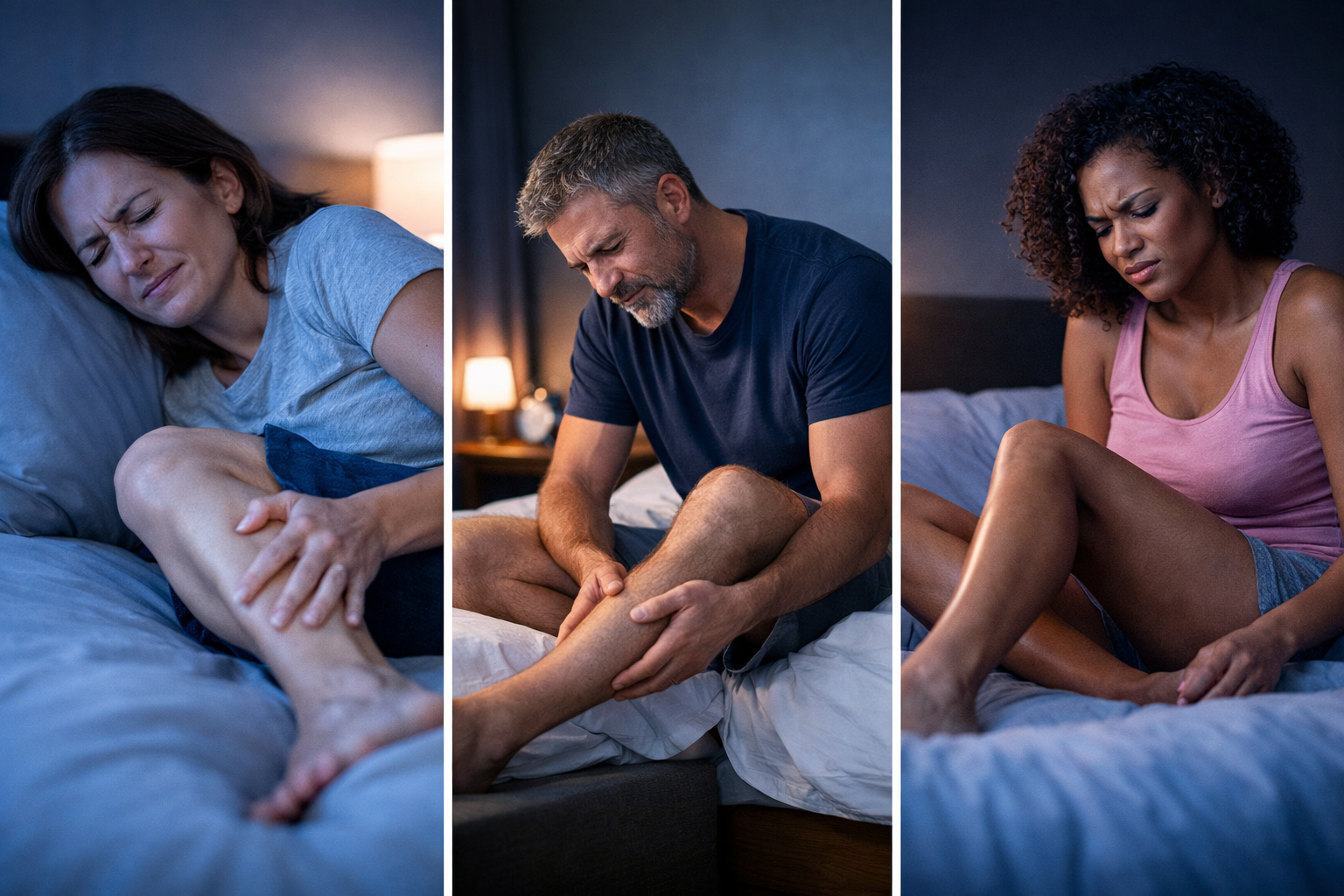
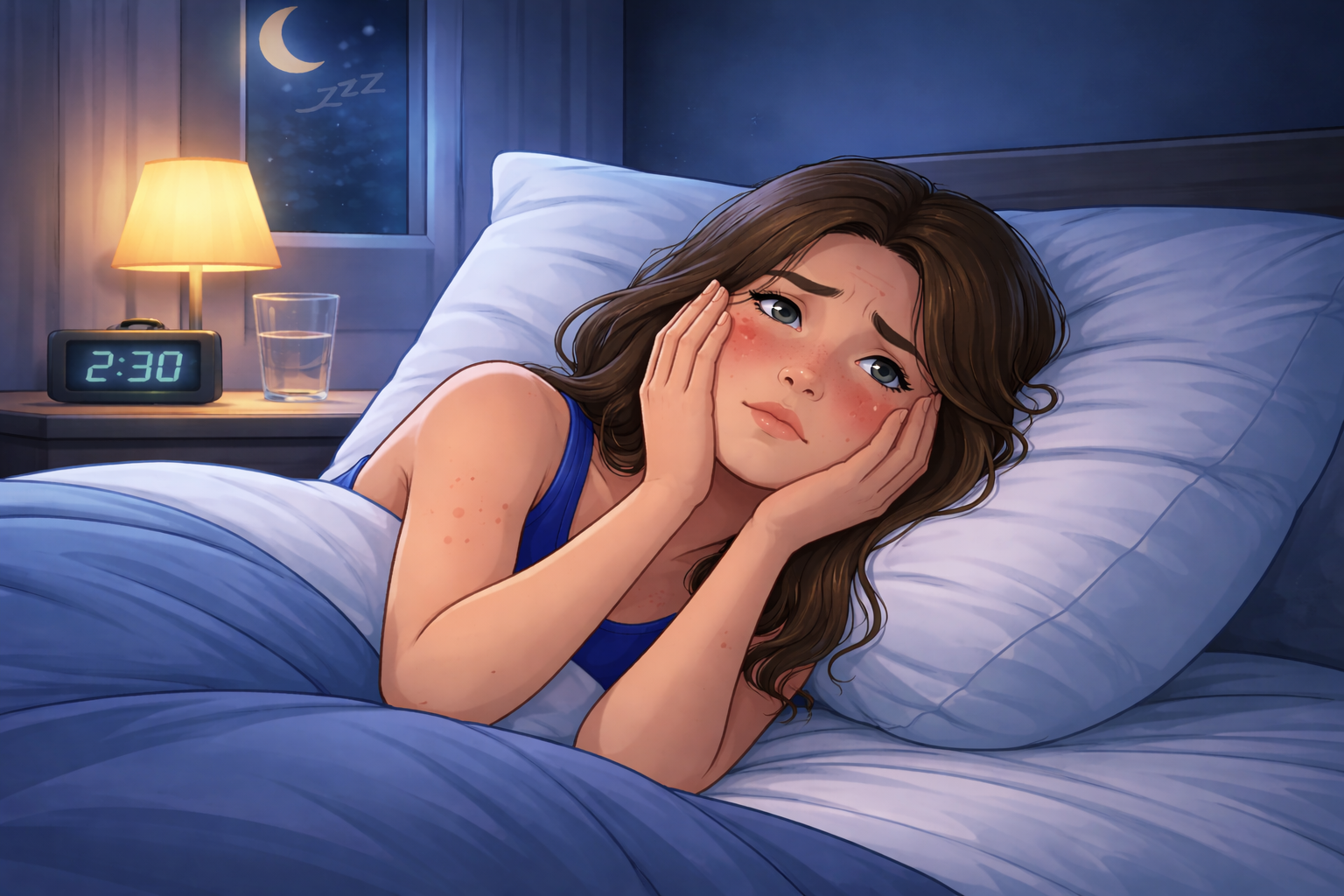
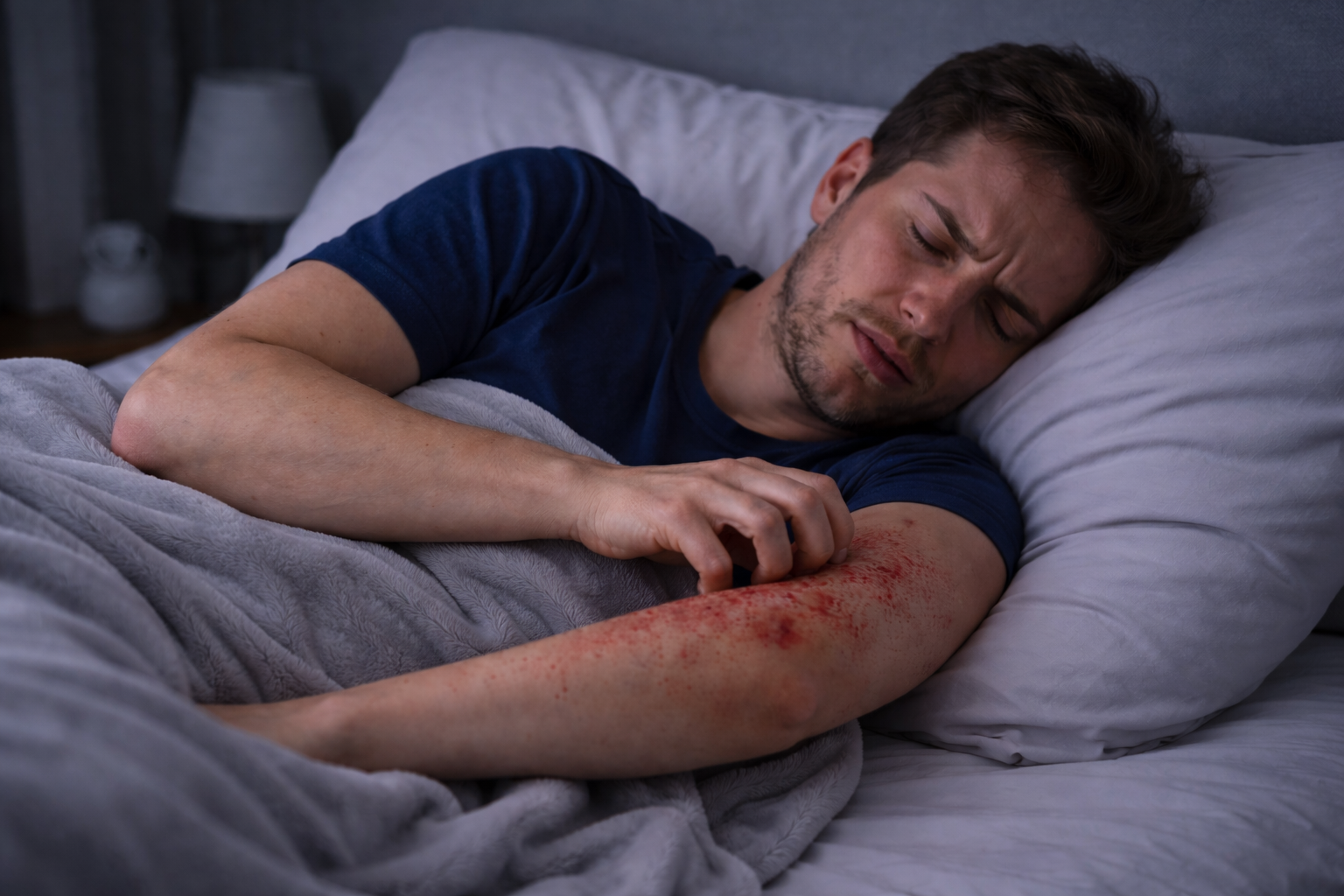
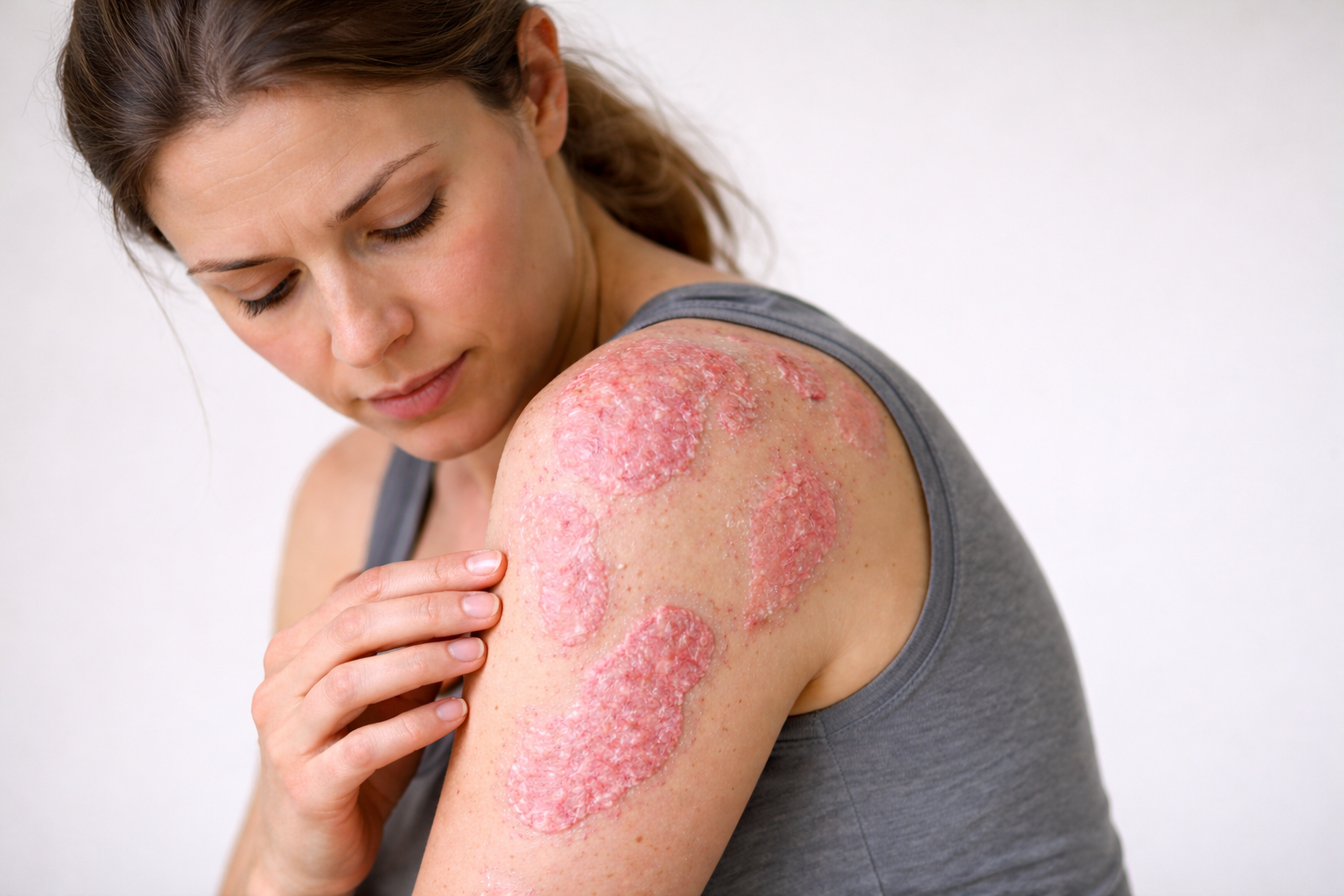
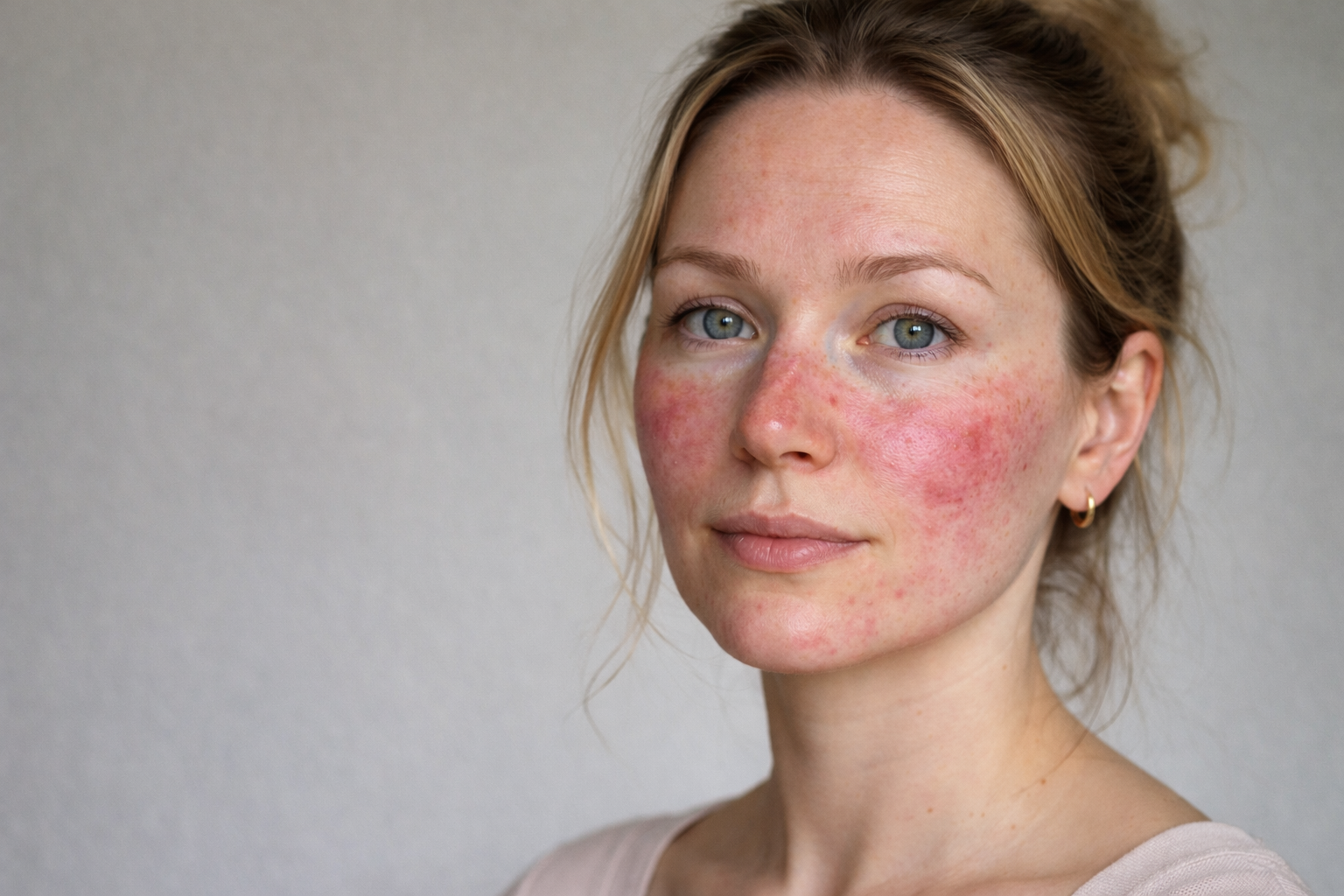

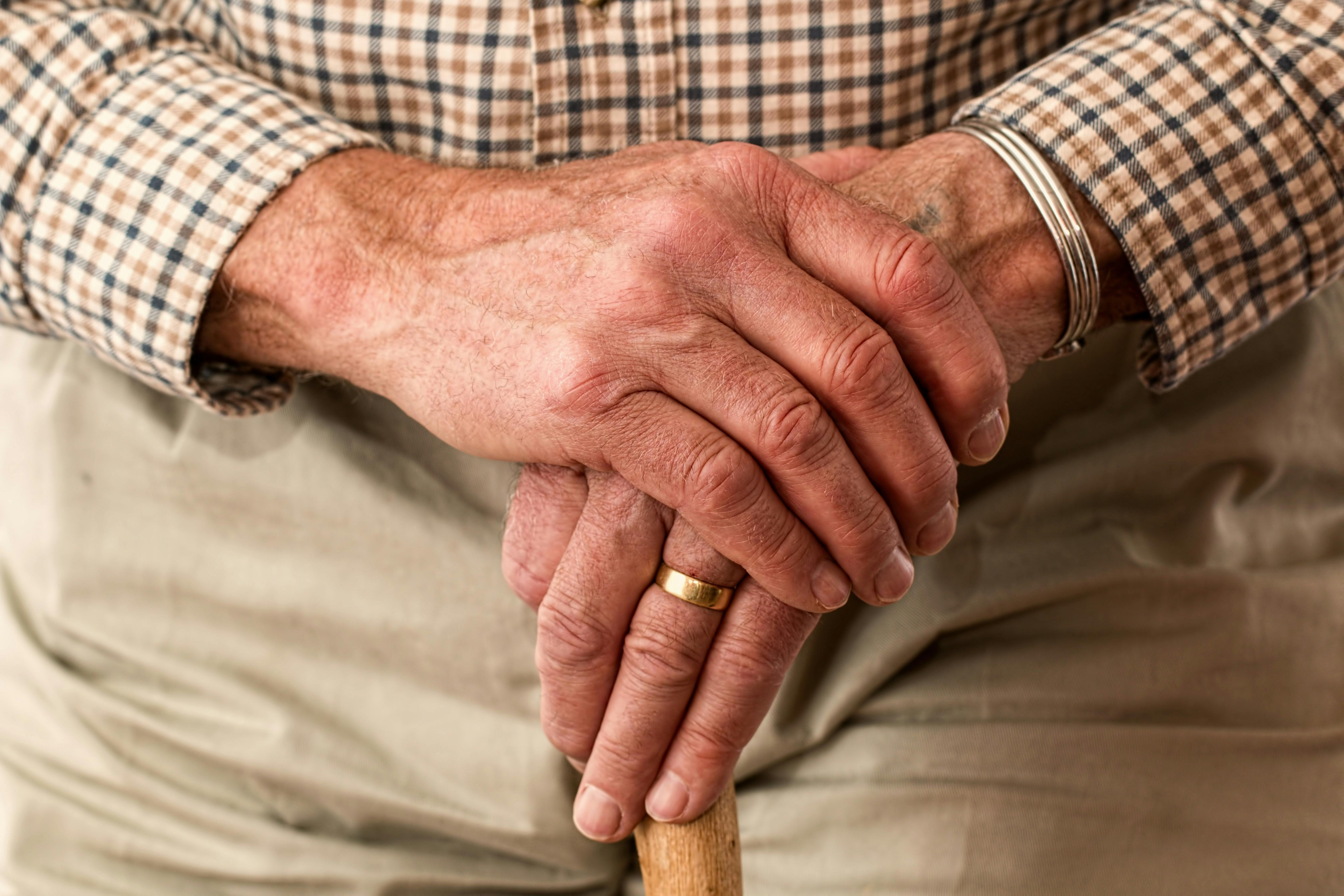
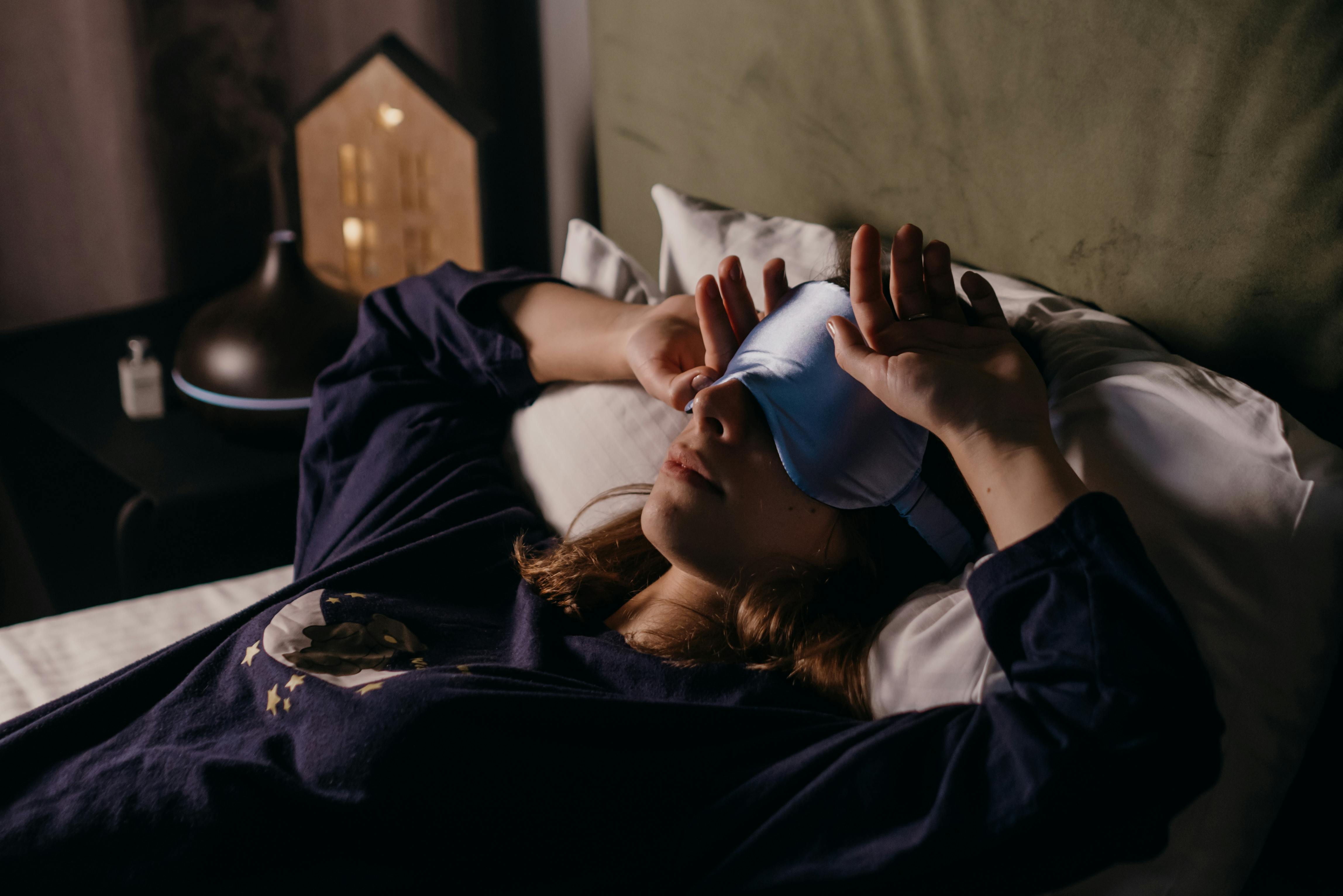

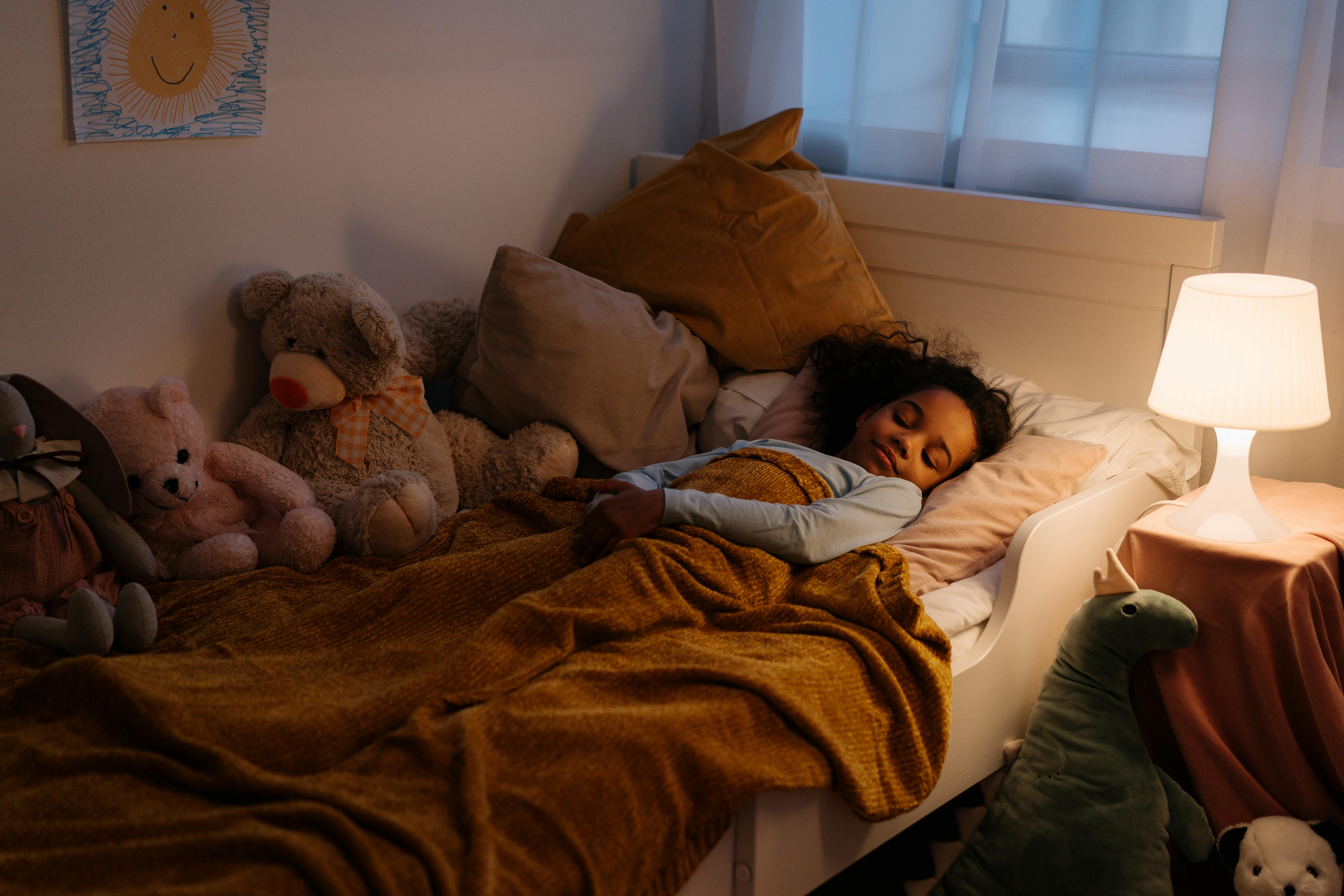


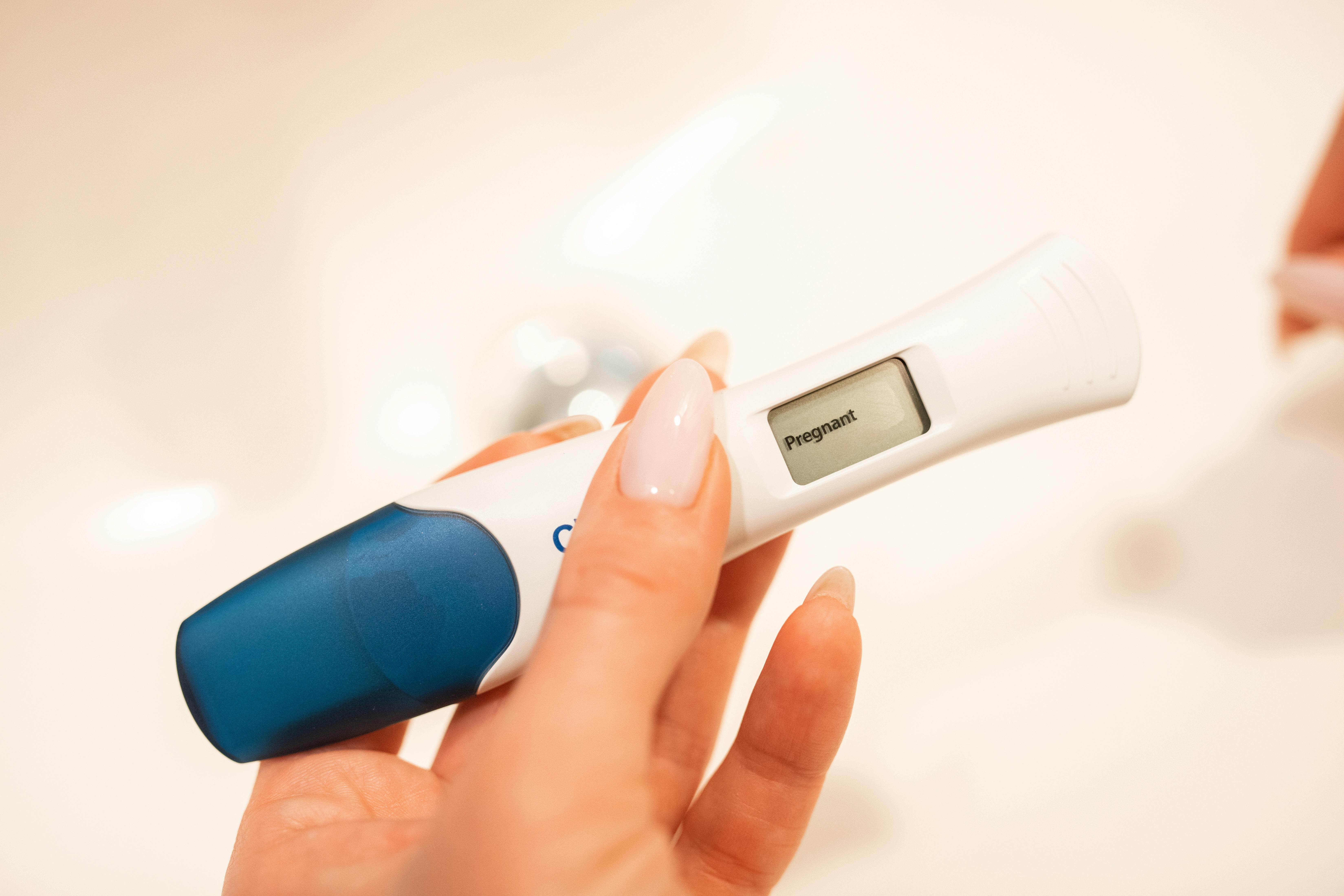
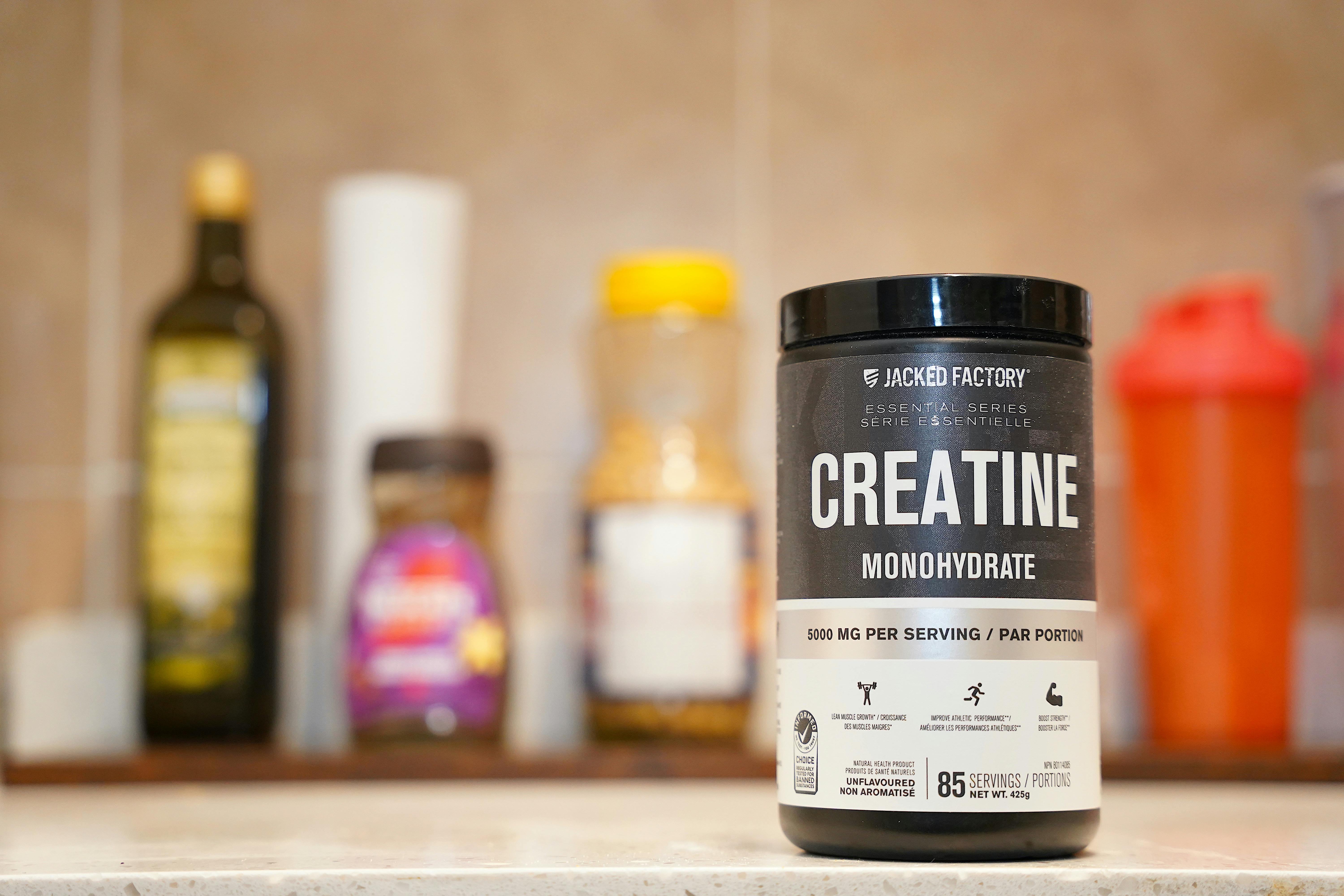




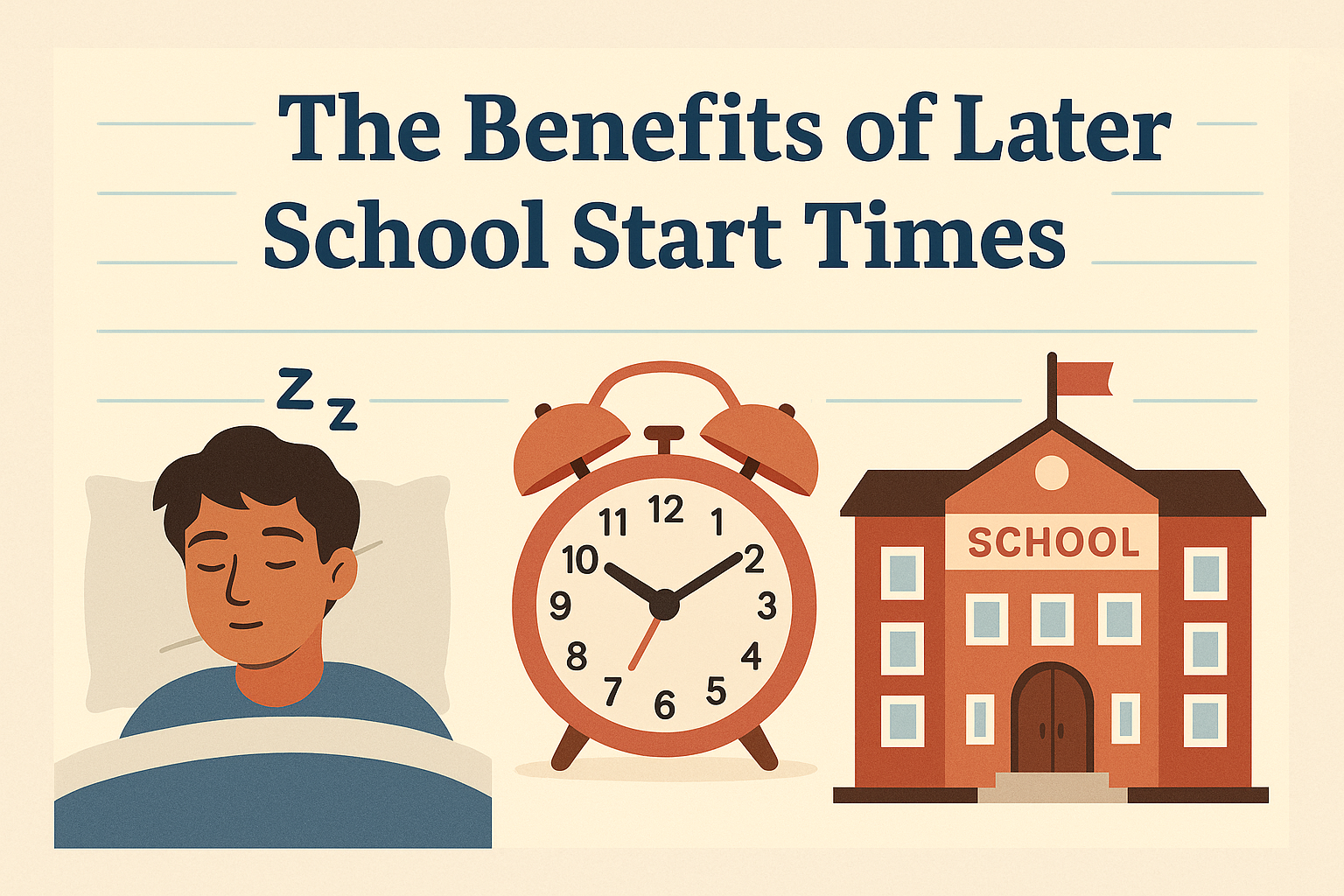

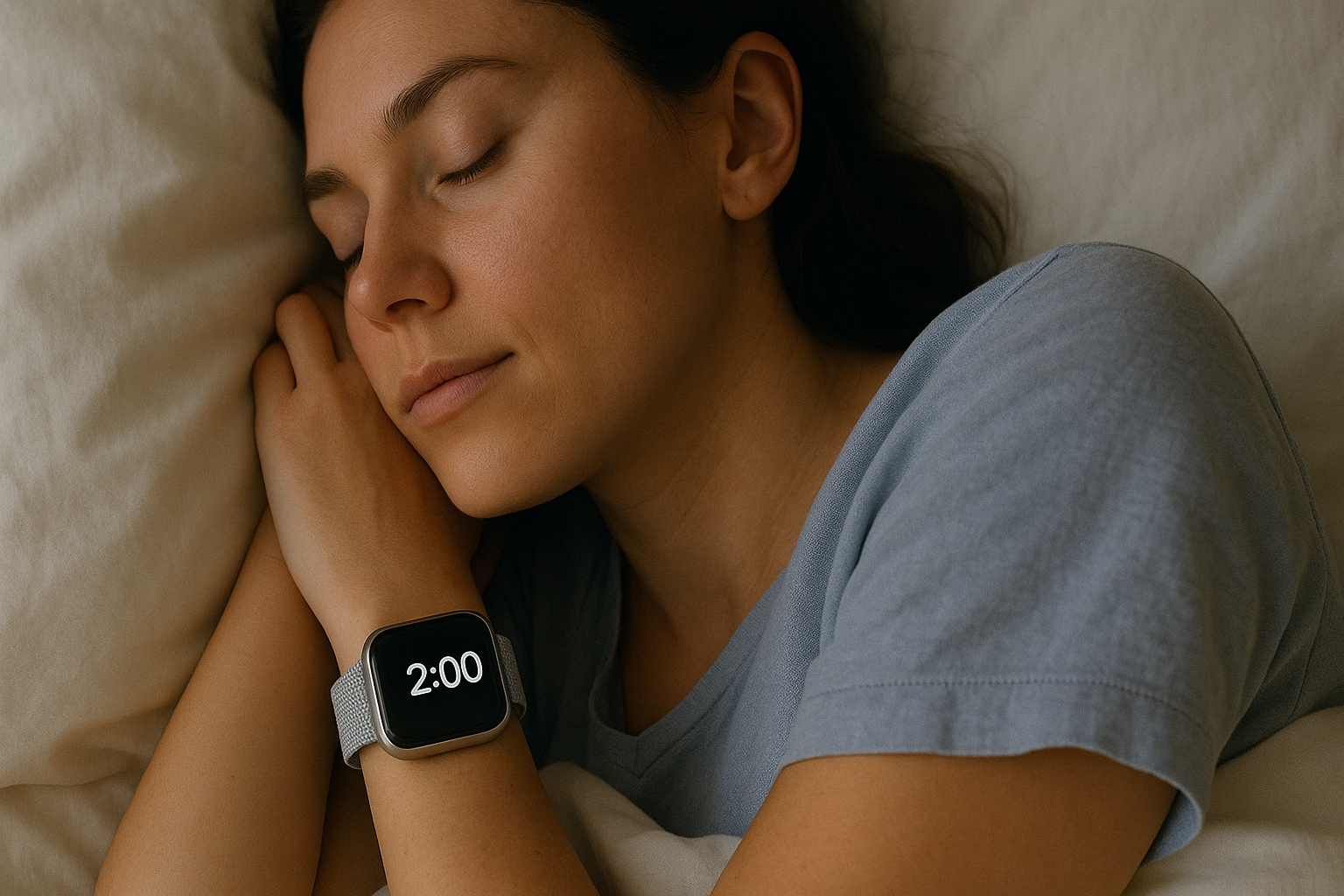


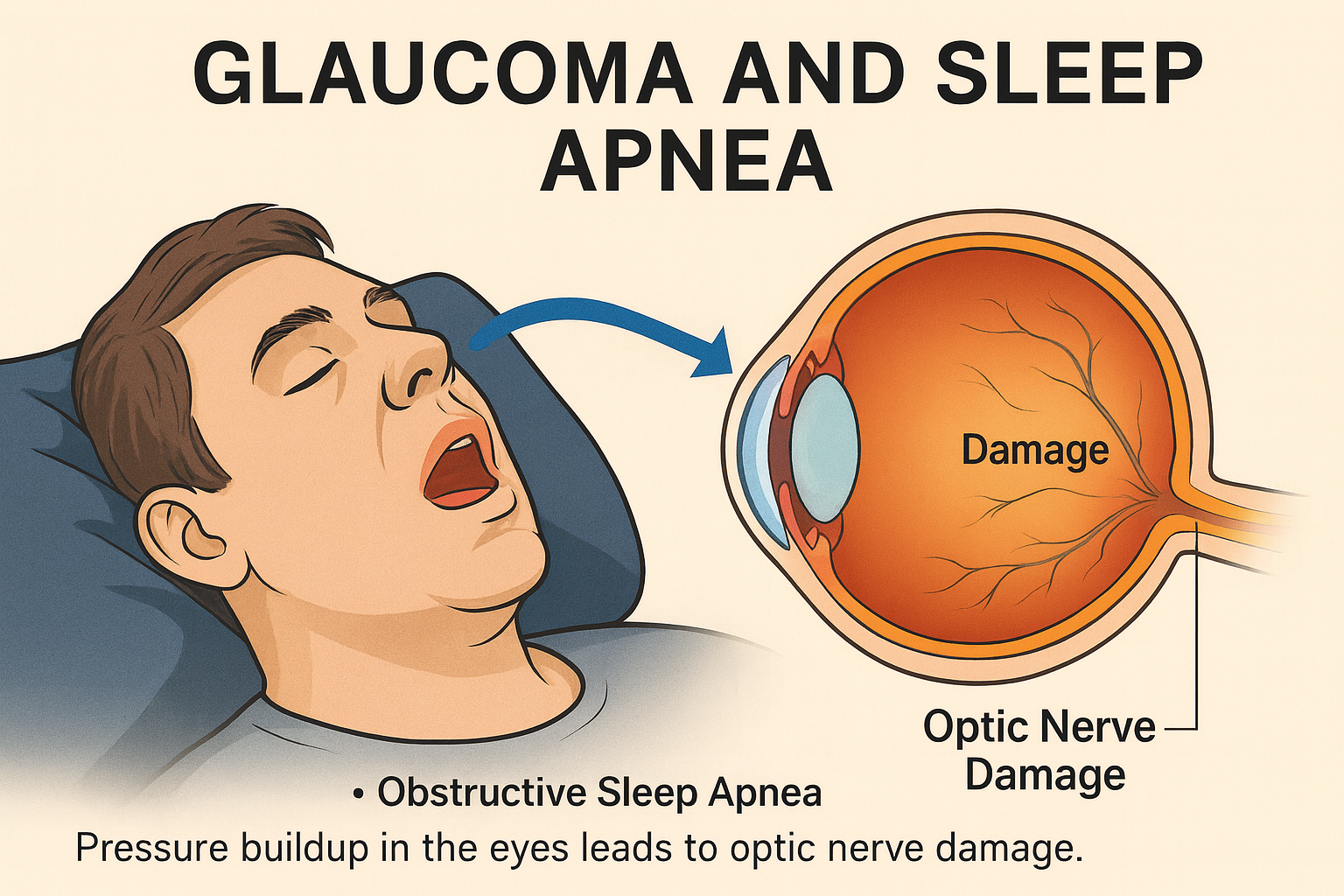
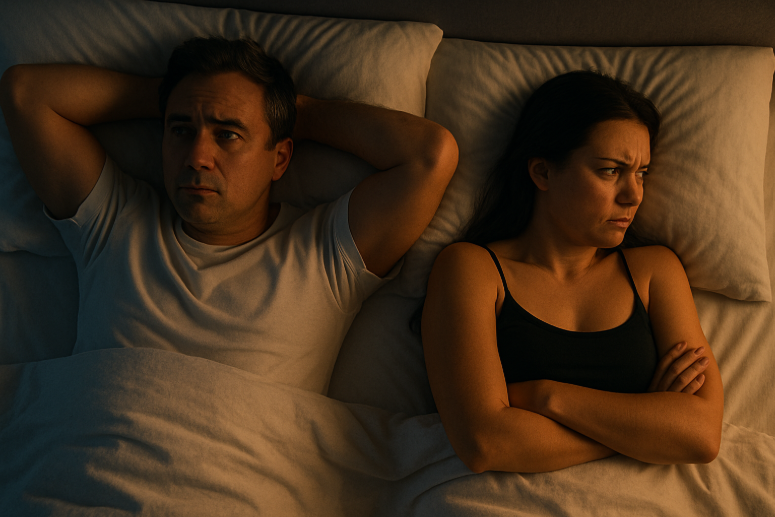
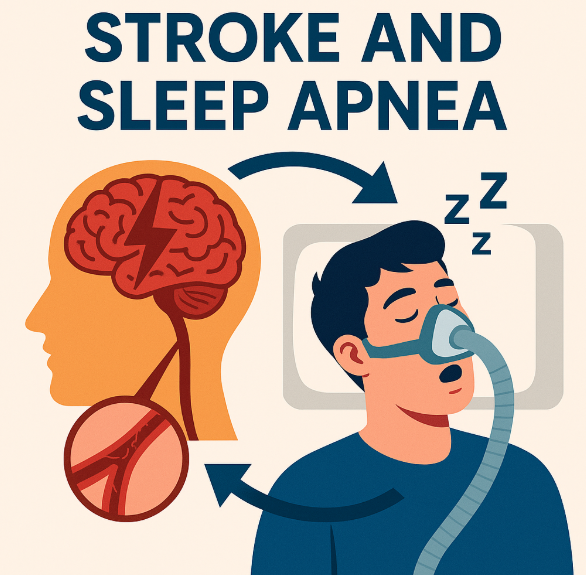
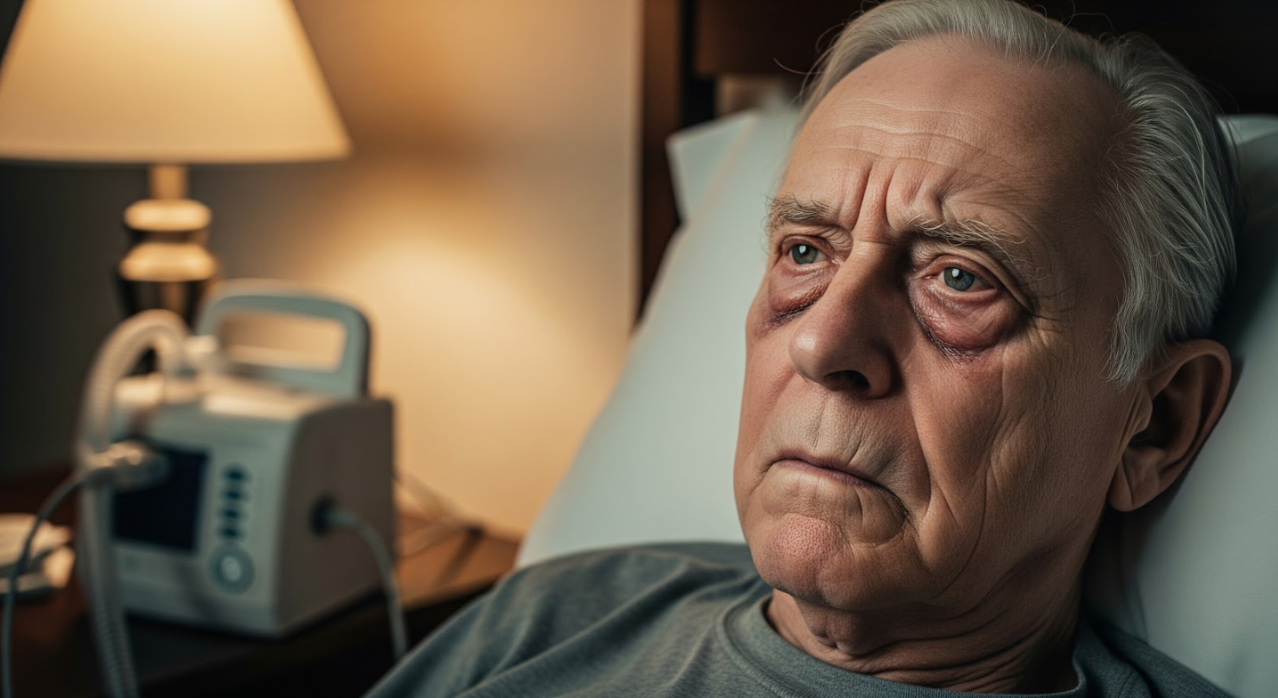
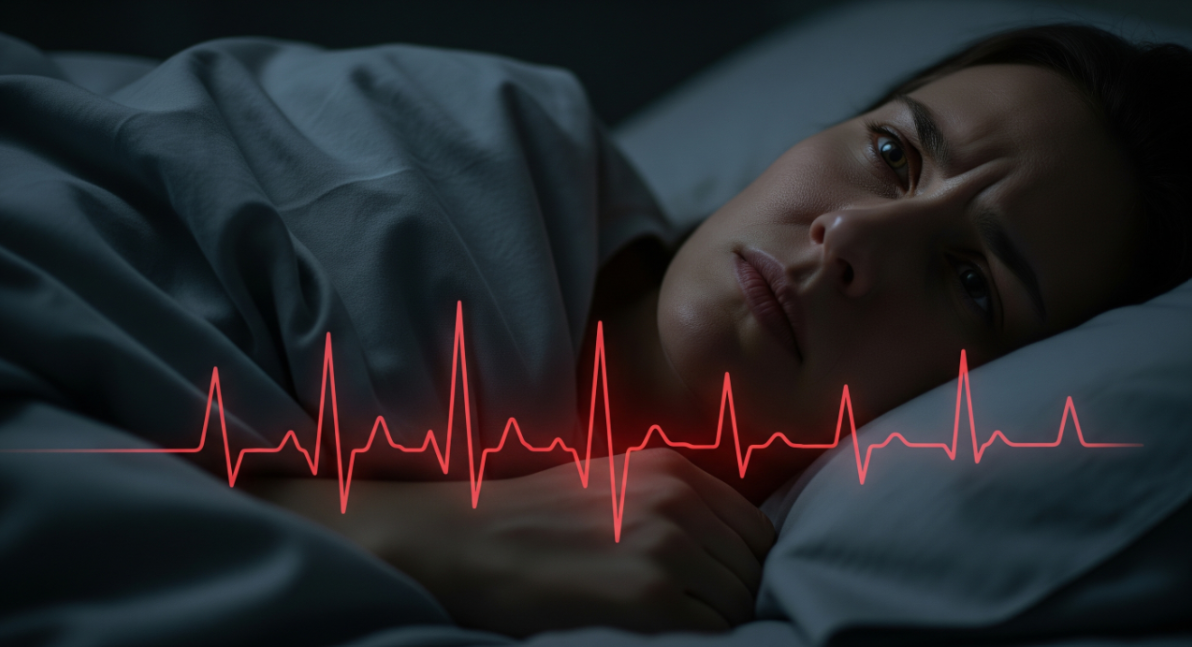
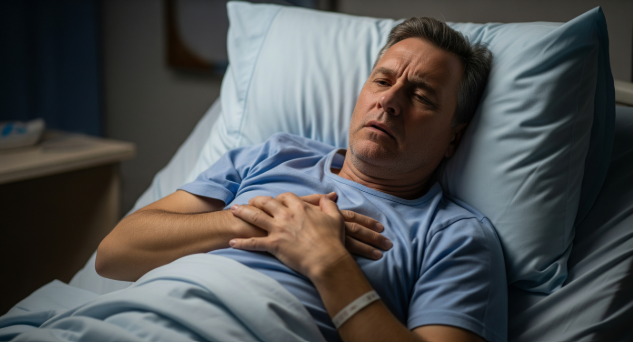





























































%20thumbnail.jpg)
.png)